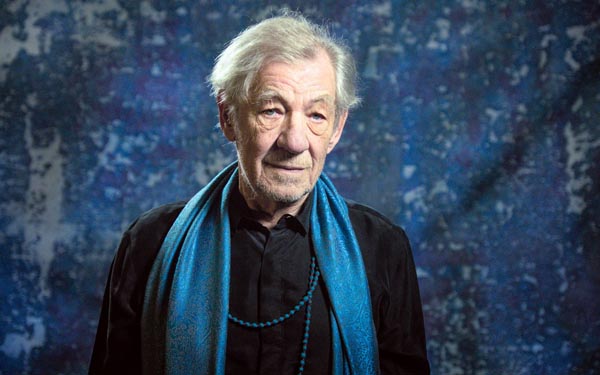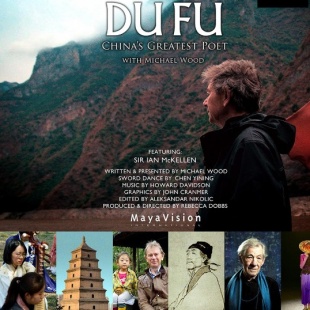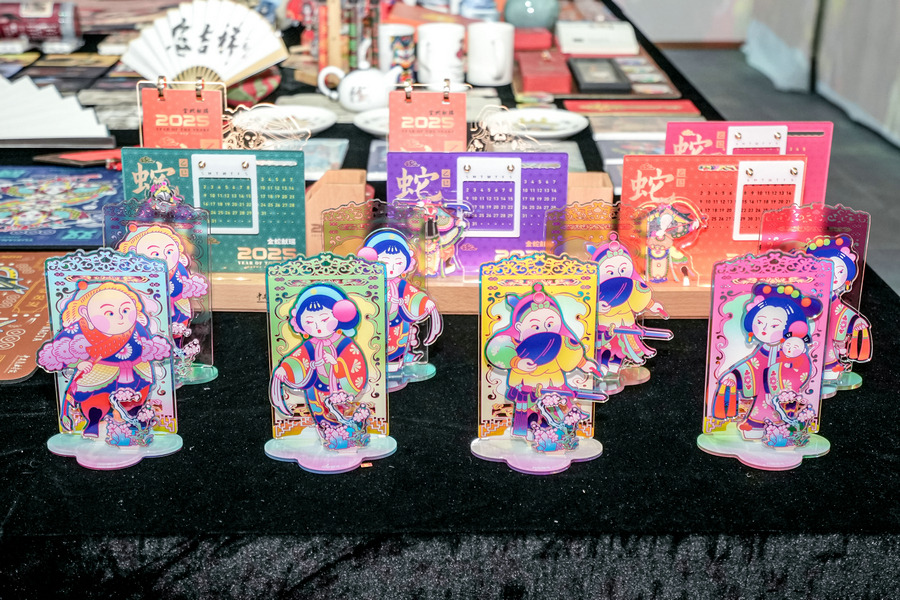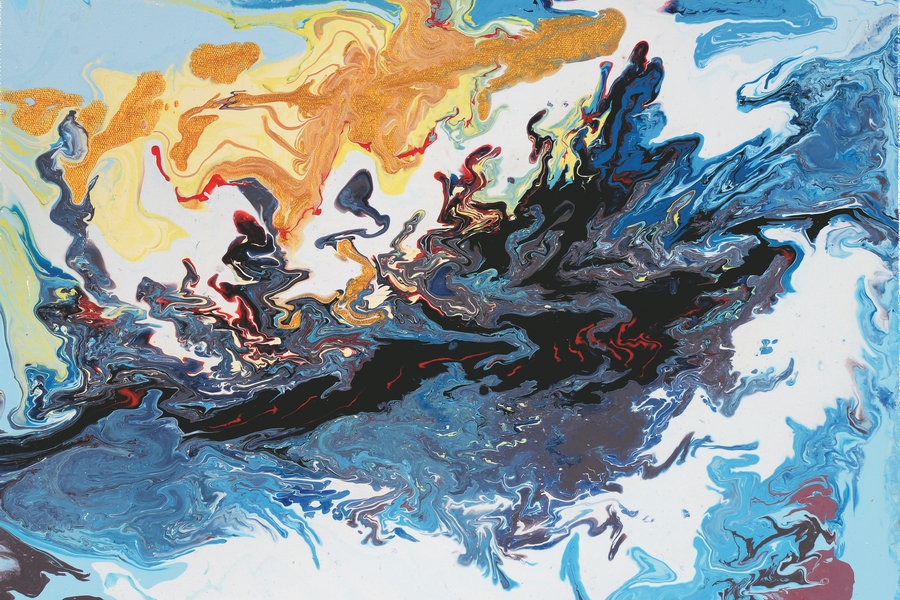Poetic soul of a nation


The outbreak of the An Lushan Rebellion marked the important change from idealism to realism in Tang literature, when Du Fu was shattered by the plight of the people. Official records estimate 30 million people died in wars, famine and displacement. In the film, Wood reminds the audience that this is equivalent to the number of people killed during World War I.
Du Fu was taken prisoner and separated from his family. He could only send his thoughts through verses, such as the Moon Night:
"Her cloud-like hair sweet with mist.
Her jade arms cold in the clear moonlight.
When shall we lean in the empty window together in brightness.
Our tears dried up?"
Du channeled his nostalgia for bygone prosperity in his poem Spring Hope:
"The state is destroyed, but the country remains.
In the city in spring, grass and weeds grow everywhere.
Grieving for the times, even the blossom sheds tears.
Beacon fires have been burning for three months now.
A letter from home would be worth 10,000 in gold."
Wood has produced and hosted more than 120 documentary films, including Legacy: The Origins of Civilization, In the Footsteps of Alexander the Great and The Story of India. He wrote and presided over The Story of China, which was broadcast on BBC and other media in 2016 and told of the historical changes in China from ancient times to the reform and opening-up.
During his journey through China, he said he felt deeply that the ancient Chinese poetry tradition still continues. He talked to many Chinese people, and everyone he interviewed told him something about Du Fu. He was impressed by a little girl in front of the Du Fu Thatched Cottage in Chengdu, who could easily recite one of the poet's most famous verses, "Grieving for the times, even the blossom sheds tears."
At the Hunan Poetry Club, he was touched by the college students who recite and sing Du Fu's poems.
In Wood's view, the poet's verses have been passed down through generations because they express the most shining parts of human nature, such as loyalty, friendship, fraternity, tenacity and conscience, which can transcend language, race and time. He says he believes that even if some of the artistic concepts are lost when translated from Chinese to English, it will not affect the understanding of them among Western audiences.
In China, poets have always been seen as the trusted chroniclers of the people's hearts and the nation's history. And for the Chinese, "Du Fu is more than a poet. For generations he has been the guardian of the moral conscience of the nation," he says.




































